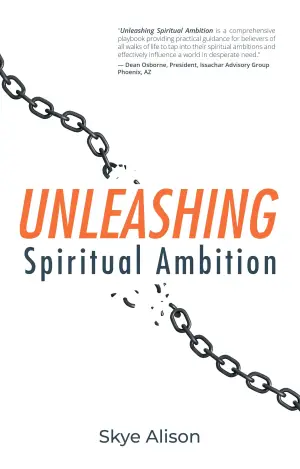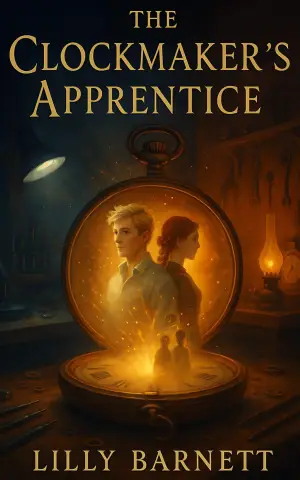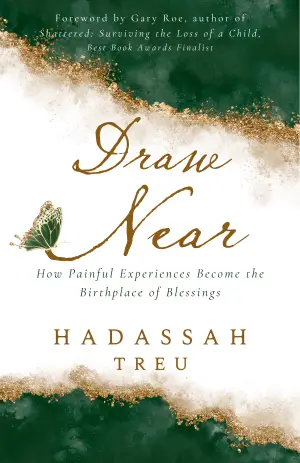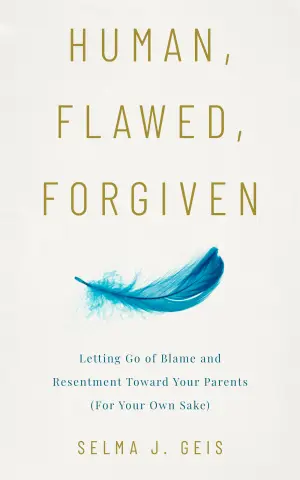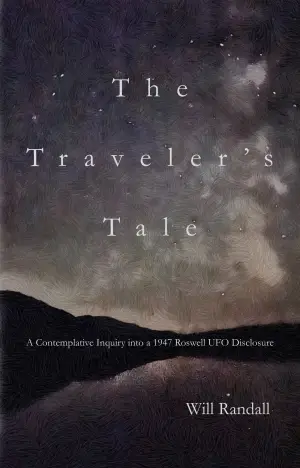A Reflection on "Fatherless: A Novel" by James Dobson
When I first heard about "Fatherless," the latest novel by James Dobson, I couldn’t help but feel a mix of anticipation and trepidation. After all, Dobson is primarily known for his insights into family dynamics and Christian values, so imagining him diving into the speculative world of fiction intrigued me. Set in a not-so-distant future where the foundational structures of society are crumbling, "Fatherless" offers more than just a story; it presents a chilling commentary on our current trajectory.
At its heart, the novel follows Julia Davidson, a once-celebrated journalist grappling with the ghosts of her past—including her father’s absence. Set against the backdrop of 2042, we find a world where old age outnumbers youth, and the societal fabric weaves complicated threads of morality and survival. As Julia digs deeper into this unsettling reality, her investigations unfold layers of conspiracy and ethical dilemmas that feel disturbingly close to home. The themes of familial detachment, societal obligation, and the struggle for personal redemption resonate profoundly.
What I found particularly gripping was Dobson’s ability to blend suspense with poignant emotional beats. The pacing of the novel is swift; just when you think you have a moment to breathe, a new twist propels you further down the rabbit hole. Moreover, the characters are not just vessels for the plot—they are richly developed, and you can genuinely feel Julia’s internal conflicts as she weighs her ambition against her instincts for survival.
One passage that stuck with me encapsulates the depth of this narrative: “Love for God, family, and moral values should not be negotiable.” It’s a simple yet powerful reminder that, as we race towards modernity, we must not lose sight of what truly matters. This sentiment echoes throughout the reviews, with readers expressing both anxiety and admiration for the potential future Dobson paints. It’s a truth that leaves us unsettled but undeniably reflective.
The blend of sci-fi elements with real-world issues creates a tapestry that challenges our perceptions of value and society’s judgment on worthiness. The term “transition,” for instance, evolves in meaning as it’s used throughout the novel, exposing the darker implications behind seemingly innocuous phrases. Readers like Michael Arthur Fisher have highlighted how the narrative serves as a wake-up call, urging us to engage with the moral conversations that define us.
In a world where the young face perpetual pressure from a demanding older generation, “Fatherless” is a mirror reflecting not just a potential future but our present choices. For those who enjoy thought-provoking fiction that combines suspense with moral complexity, this book offers a compelling read.
In the end, "Fatherless" left me pondering the responsibilities we have towards each other, especially as we navigate increasingly turbulent times. I found myself both disturbed and inspired, eager to reflect on how we can all contribute to a kinder future. I wholeheartedly recommend this book to anyone seeking not just a thrilling narrative, but a deeper understanding of the personal and societal implications of our actions today. If you’re ready to explore the shadows of what lies ahead, grab a copy—I promise, you won’t want to put it down.


